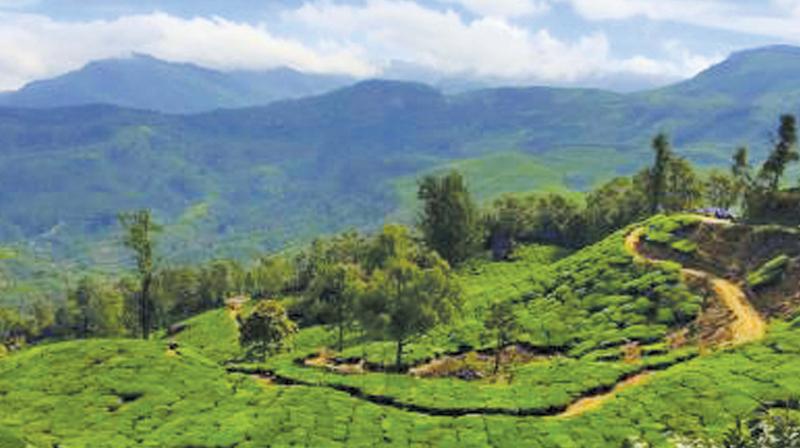Preserve unique natural heritage of Kodaikanal: Madras high court

Chennai: In an attempt to preserve the unique natural heritage of Kodaikanal, the Madras high court has directed the Dindigul district collector to submit a report to its registry once in six months certifying that no unauthorized construction has come up during the preceding six months in Kodaikanal hills and that no polluting activity has taken place.
Disposing of a petition from Kodaikanal Hotel and Resort Owners Association, a division bench comprising Justices N.Kirubakaran and G.R.Swaminathan said, “Such a report shall be published on the website of the Tamil Nadu government and it will be open to any public spirited citizen to initiate contempt proceedings, if the said report filed by the district collector, Dindigul, turns out to be incorrect”.
In its petition, the association sought a direction to the state government to modify and approve the master plan for the Kodaikanal municipality.
The bench said the petitioner represents those, who were owning lands and resorts in Kodaikanal. They were providing boarding and lodging services to tourists visiting Kodaikanal. The petitioner proclaims that he was for a sustainable development so that the growing needs of Kodaikanal population as well as the tourist inflow can be balanced with the ecological demands. He pointed out that a draft master plan was issued in the year 1988 and that it was approved by a GO dated March 4, 1993. As per section 32 (2) of the Tamil Nadu Town and Country Planning Act, the master plan should be updated every five years. He further said the old master plan lapsed in 1998 itself and that for over 19 years it has not been modified, the bench added.
The bench said the original stand of the government was that the new master plan for Kodaikanal municipality will be finalised. As undertaken before this bench, the new master plan was published by a GO dated March 6, 2019. “We could have closed this petition as infructuous since nothing apparently survived for adjudication. But it is not so. A larger question as to whether the master plan for Kodaikanal will have to be periodically revised has been pointedly raised before us and therefore we propose to adjudicate the same”, the bench added.
The bench said, “We are of the view that a mechanical and routine approach cannot be adopted in this case. The statute provides for planning, development and use of rural and urban lands in the state. But, Kodaikanal is not one more piece of rural or urban land. It is a unique eco-system by itself. Therefore, the imperatives will have to be altogether different. The government has to plan for the preservation of the unique natural heritage of Kodaikanal. We can take judicial notice of the fact that Kodaikanal has already been polluted and damaged enough. We must preserve at least what is left. That is why we cannot countenance the contention that to meet the demands of urbanization and the tourist industry the master plan will have to periodically modified and revised”.

